
A production line of Nio in Hefei, Anhui province. (XIE CHEN/FOR CHINA DAILY)
Chinese automotive brands, especially electric vehicle brands, are seeing their popularity soar, overshadowing foreign car manufacturers in the world's top auto market.
Analysts said the growing appeal of Chinese brands is boosted by their swifter moves in terms of smart electrification.
China's leading electric carmaker Nio, which positions itself as a rival to BMW, sold 122,000 vehicles last year, up 34 percent year-on-year.
Late last month, Nio unveiled two new models with the latest microchips and a number of sensors as well as the company's latest battery swap technology.
They are expected to help the company to outsell Toyota's premium brand Lexus in China this year, said Nio Chairman William Li.
Aion, the EV arm of State-owned GAC Group, sold 271,000 units in 2022, up 126 percent year-on-year. Aion recently unveiled its Hyper GT sedan, which it expects to rival Tesla's Model 3.
BYD, which ended sales of gasoline-powered cars in 2022, is now the world's largest new energy vehicle maker.
The Shenzhen, Guangdong province-based NEV enterprise expects its sales in 2022 to reach 2 million units. In the first 11 months of 2022, its sales totaled 1,628,297 units, up 219.4 percent on a year-on-year basis.
China's NEV sales have pushed up the market share of local brands, according to the China Association of Automobile Manufacturers.
In the first 11 months of 2022, sales of Chinese branded electric and gasoline-powered vehicles totaled 10.48 million units, up 24.2 percent year-on-year.
Local brands enjoyed a 49.2 percent share of the Chinese market from January to November, up more than 5 percentage points compared with the same period in 2021.
Chinese car buyers used to prefer foreign brands, but makes and models are not as important for electric car buyers as they are for people purchasing gasoline-powered cars, said Bill Peng, a McKinsey partner.
The rising trajectory of Chinese brands started around 2020, when they accounted for less than 40 percent of the market.
Their popularity has since been on the rise, while foreign brands are losing ground, as they have been slow to introduce electric models.
Japanese carmaker Nissan sold 835,388 vehicles under its Nissan, Venucia and Infiniti brands in China in the first 11 months last year, down 19.1 percent year-on-year.
Nissan launched electric model Ariya in China in late September. Some 387 units were sold in November.
Other major foreign brands have also been slow to electrify. Toyota's first EV in China came in 2022, and Ford has just one electric model in the Chinese market.
Yang Jing, a partner at Fitch Ratings, said Chinese brands are dominating the NEV segment and are thus defining the expectations of local customers, who already feel that foreign brands are lagging in the segment.
Statistics from the China Passenger Car Association show that 12 out of the top 15 NEV brands making cars in China in the first 11 months last year were Chinese. The three exceptions were Tesla and Volkswagen's two Chinese joint ventures.
Chinese NEVs are helping improve the competitive edge of local carmakers.
J.D. Power China's findings in 2022 showed that 53 percent of respondents said they would choose Chinese vehicles, and 67 percent of those who currently drive them said they would choose Chinese brands again.








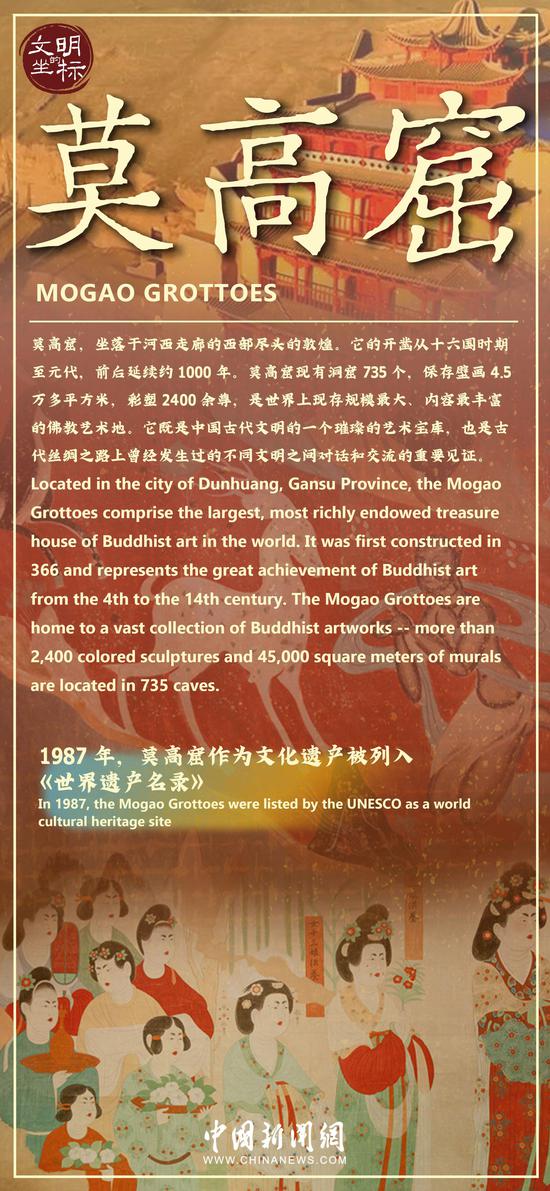


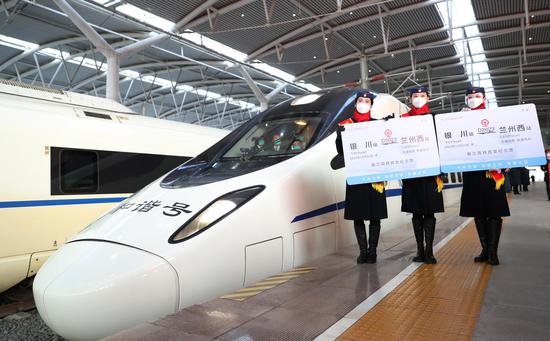


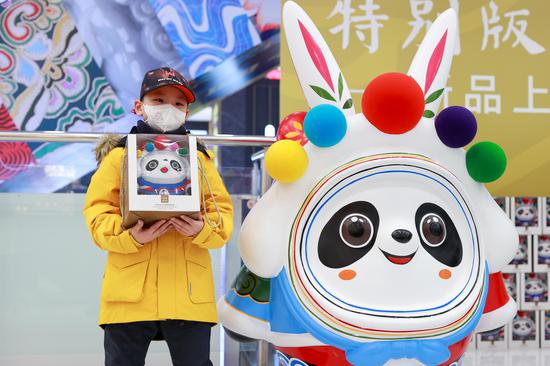
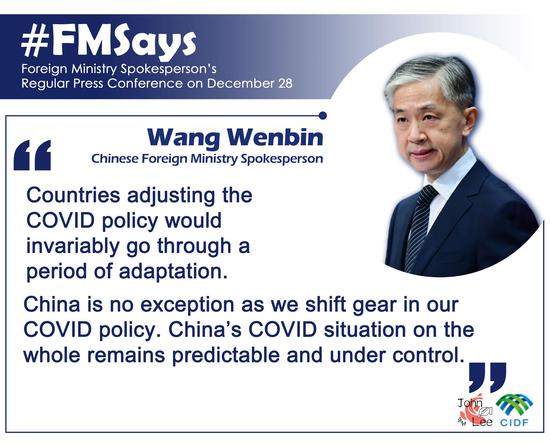
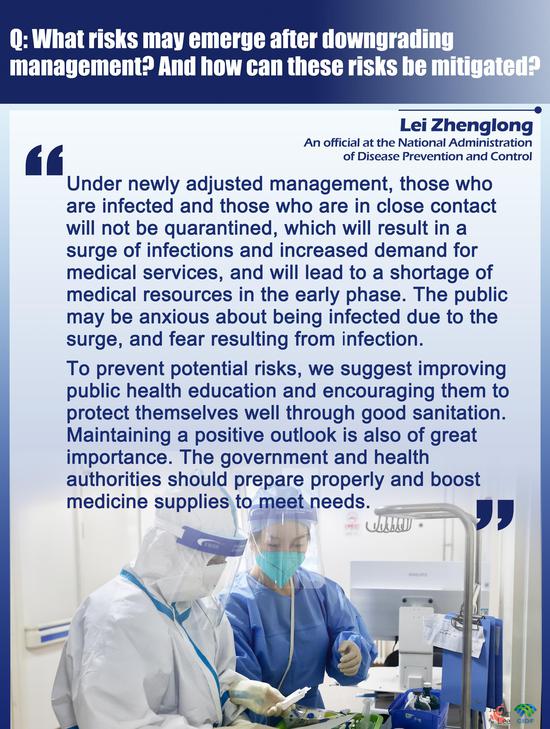


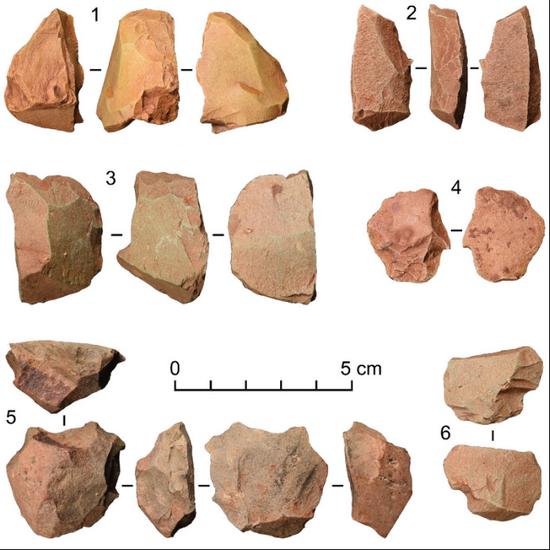


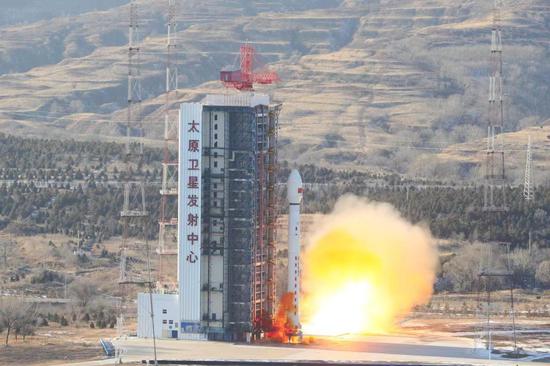

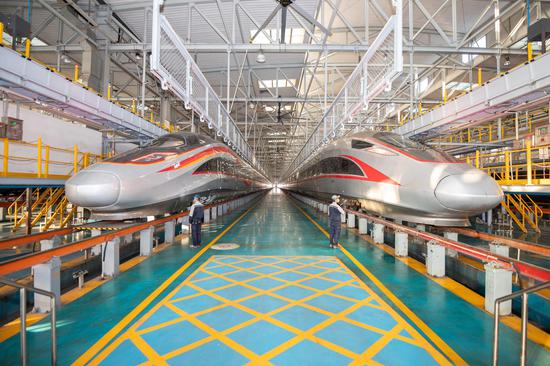
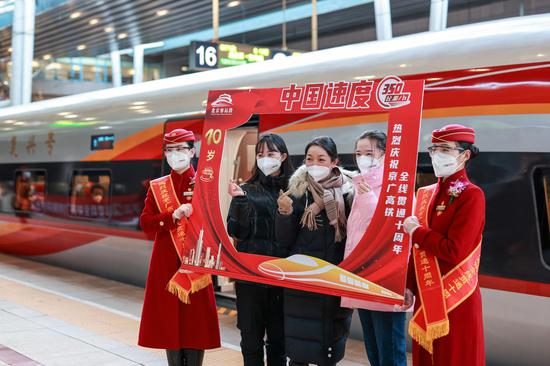



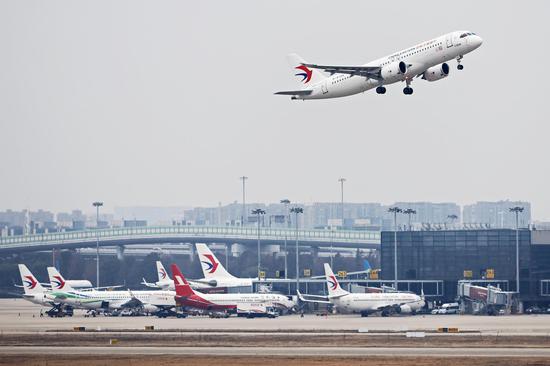



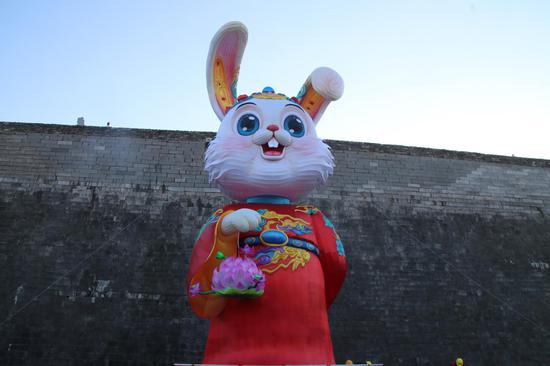


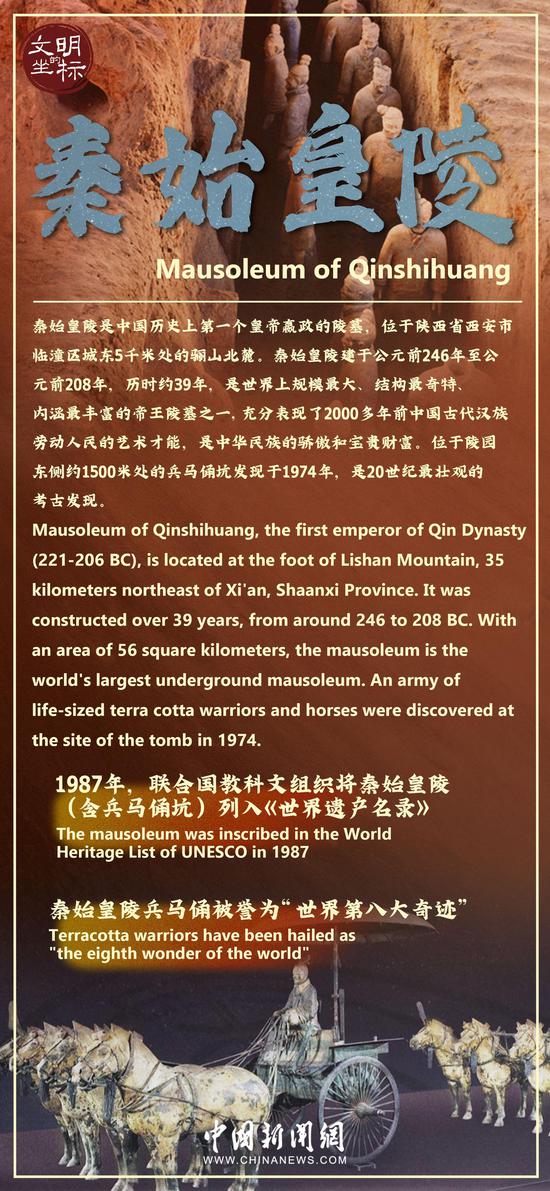
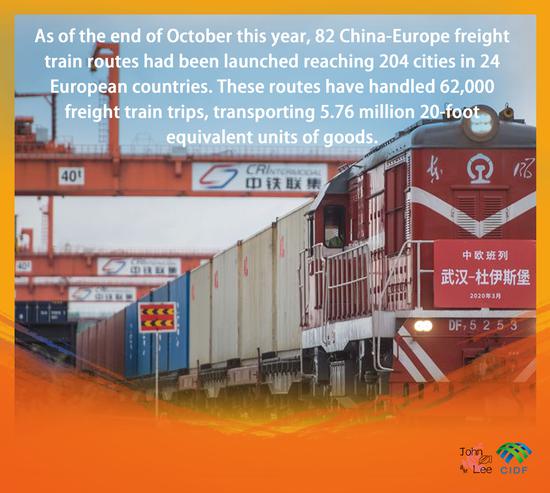



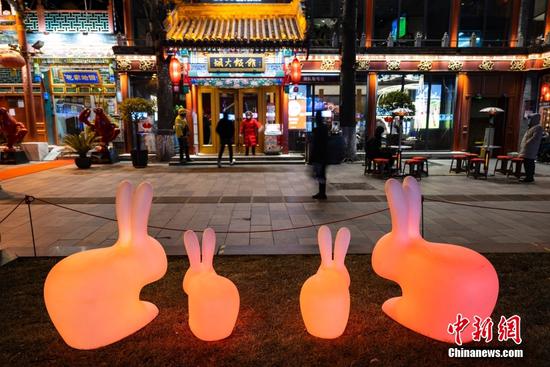








 京公网安备 11010202009201号
京公网安备 11010202009201号